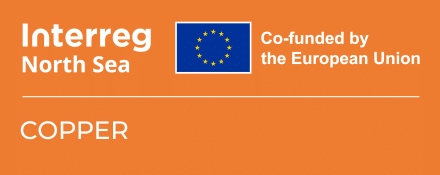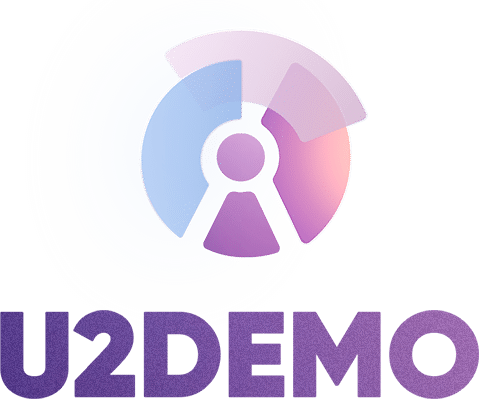Int:net

Various stakeholders are needed to keep the electricity system running but also increasingly include distributed energy sources and enhance energy efficiency throughout Europe. Projects like CoordiNet and OneNet develop solutions to tackle challenges. Yet, for replication and scalability the standardisation of solutions is essential to guarantee interoperability between actors.
While for the energy sector technical interoperability is quite well established, interoperability of functions and businesses needs more attention. At the core of this is the interoperability of multiple domains and data of renewable energy sources and electricity consumption. However, even when related standards are defined and interoperability models agreed upon, framework setters, product developers and users need to agree on their deployment and make sure that solutions are compatible with definitions. The challenge, therefore, is to find and highlight gaps of interoperability within the sector and enable them to become replicated across the EU.
As a coordination and support actions type project, Int:net will link domains and data of renewable energy sources and electricity consumption and bring all stakeholders together to develop joint views and approaches.
To support the ongoing harmonization of energy services, Int:net is going to institutionalise an assessment methodology and maturity model (IMM). Involving legal and regulatory bodies from the beginning and constant exchange of interoperability initiatives and standardization bodies will build a deep consensus on how European governance and industry can foster interoperability at all levels. Starting from an extraordinarily well-balanced and connected consortium of researchers, framework setters (e.g., ministry and EU-wide associations), standardization and communication experts, Int:net’s community approach guarantees wide outreach.
Int:net will establish a framework for interoperability testing in ongoing projects and harmonize test procedures in a network of closely cooperating, self-sustained testing facilities. Energy service solutions based on the novel methodology and maturity model and tested according to the Int:net certification process will be awarded a widely known quality seal for interoperable smart grid and energy products.
The Int:net community will be formally established to exist beyond the project lifetime. With a comprehensive, FAIR knowledge platform and a series of attractive events, it guides those who deal with the heterogeneous interoperability landscape of energy services.
By finalizing the project in April 2025, the project strives for playing a central part in the harmonization of energy services throughout Europe.
Hard Facts

Objectives
The four core objectives of the project are:
-
- To create an interoperability knowledge base for activities on energy services in Europe.
-
- To develop an Interoperability Maturity Model (IMM) that will be the basis for a well-defined and widely known quality seal for interoperable smart grid and energy products.
-
- To establish a framework for interoperability testing in a network of testing facilities with an “Int:net approved” label to certify and communicate solutions.
-
- To institutionalise an interoperability ecosystem to continue the project’s vision.
E.DSO and DSOs
The project aims at harmonizing energy-related processes and products and creating a feasible ecosystem that fosters a stable and reliable energy value chain. DSOs are a central piece of this chain, as they connect various other actors with their grids. After all, improving interoperability could reduce operational costs, foster market developments, assist with the creation and adoption of new services and business cases. Int:net will promote the harmonization of interoperability activities on energy services throughout Europe by forming an interdisciplinary network of such stakeholders. These will engage in a constant exchange on the topic during the project period and beyond.
E.DSO is engaged with several activities in the project but is mostly concerned with issues of standardization, coordination, and regulation. Therefore, E.DSO brings important lessons for the standardization of services from projects like OneNet and CoordiNet to the consortium. These issues are also at the core of a lasting impact on European electricity markets beyond the project period.
More Information
Contact: projects@edsoforsmartgrids.eu


